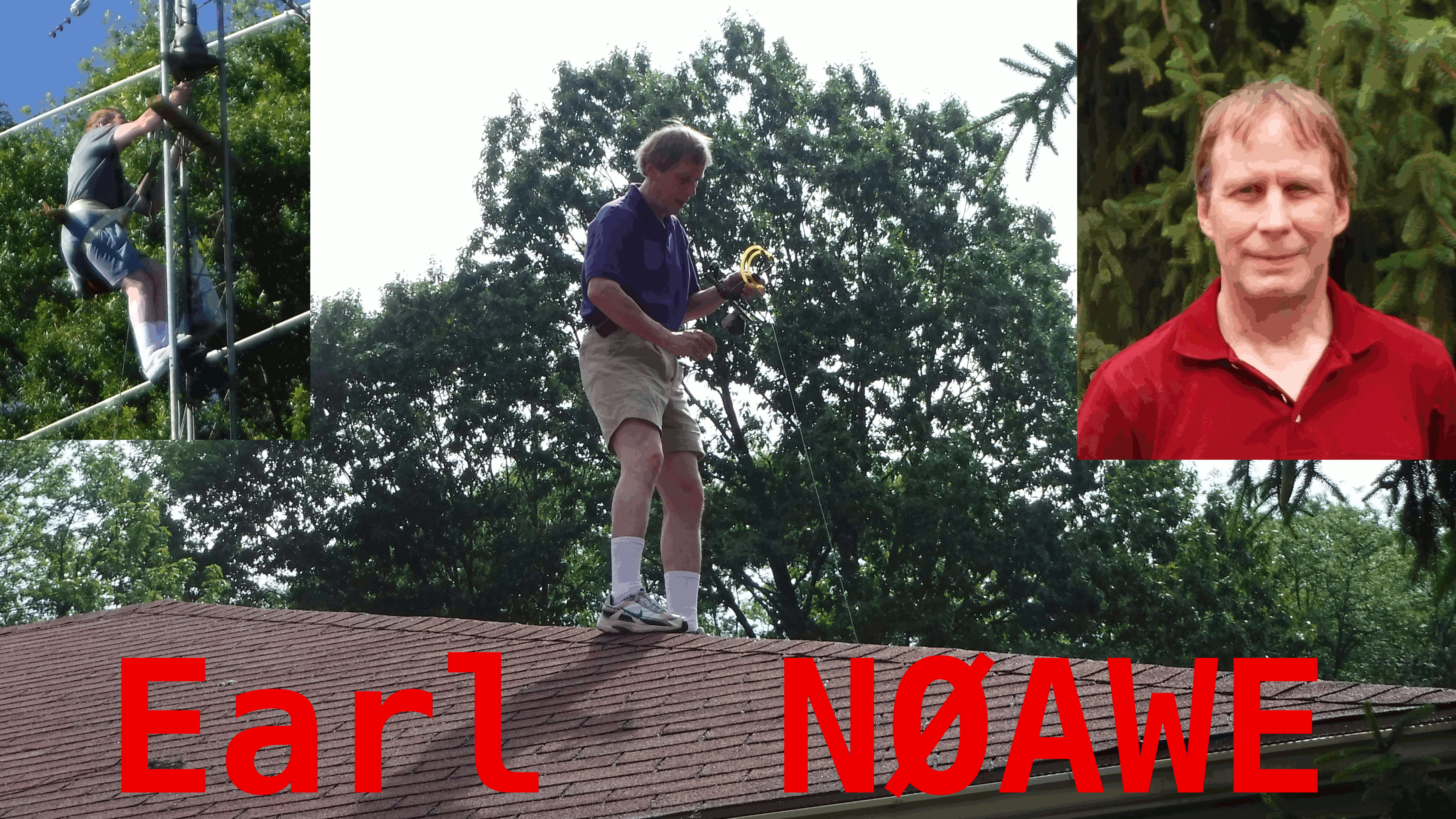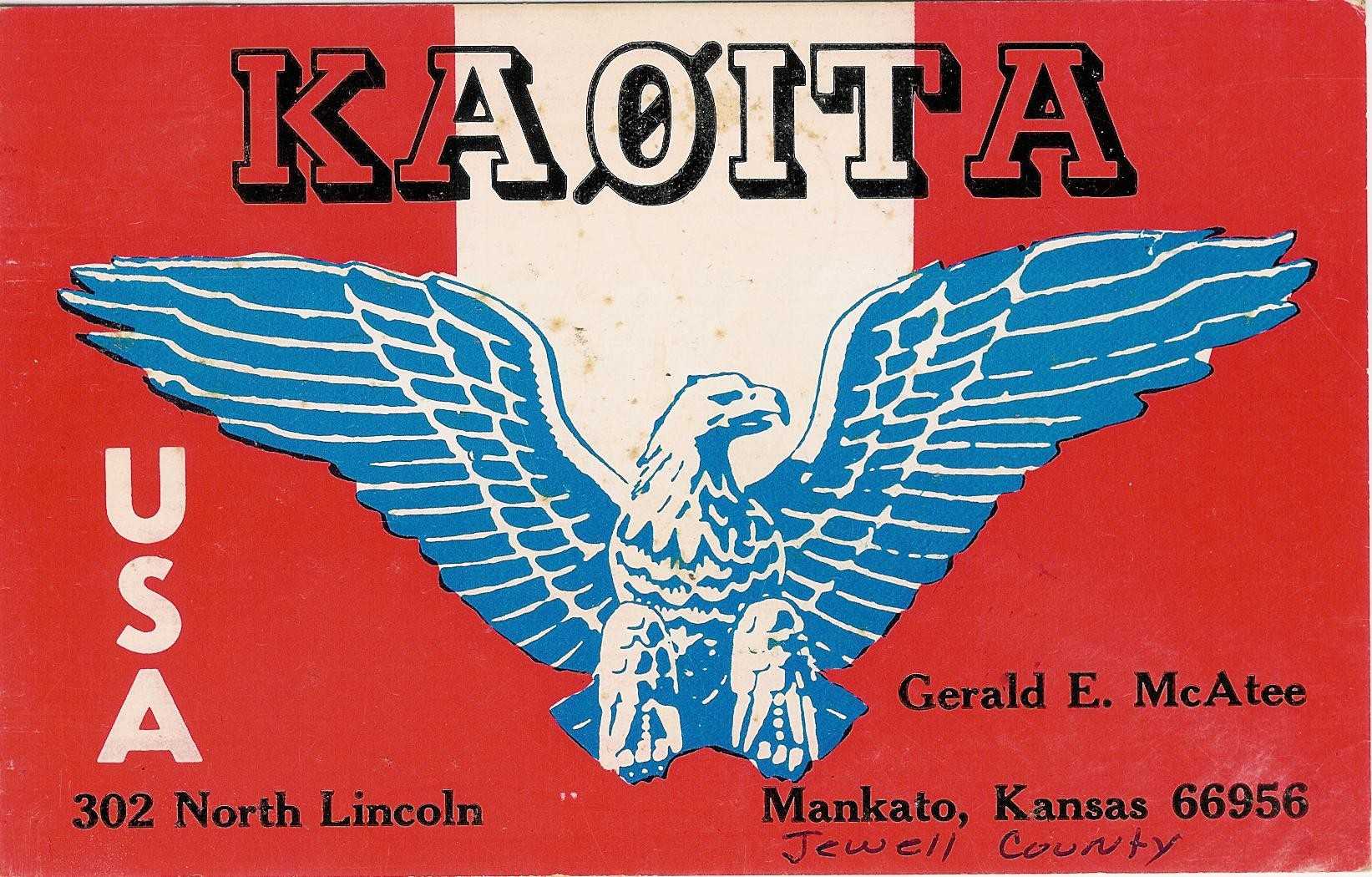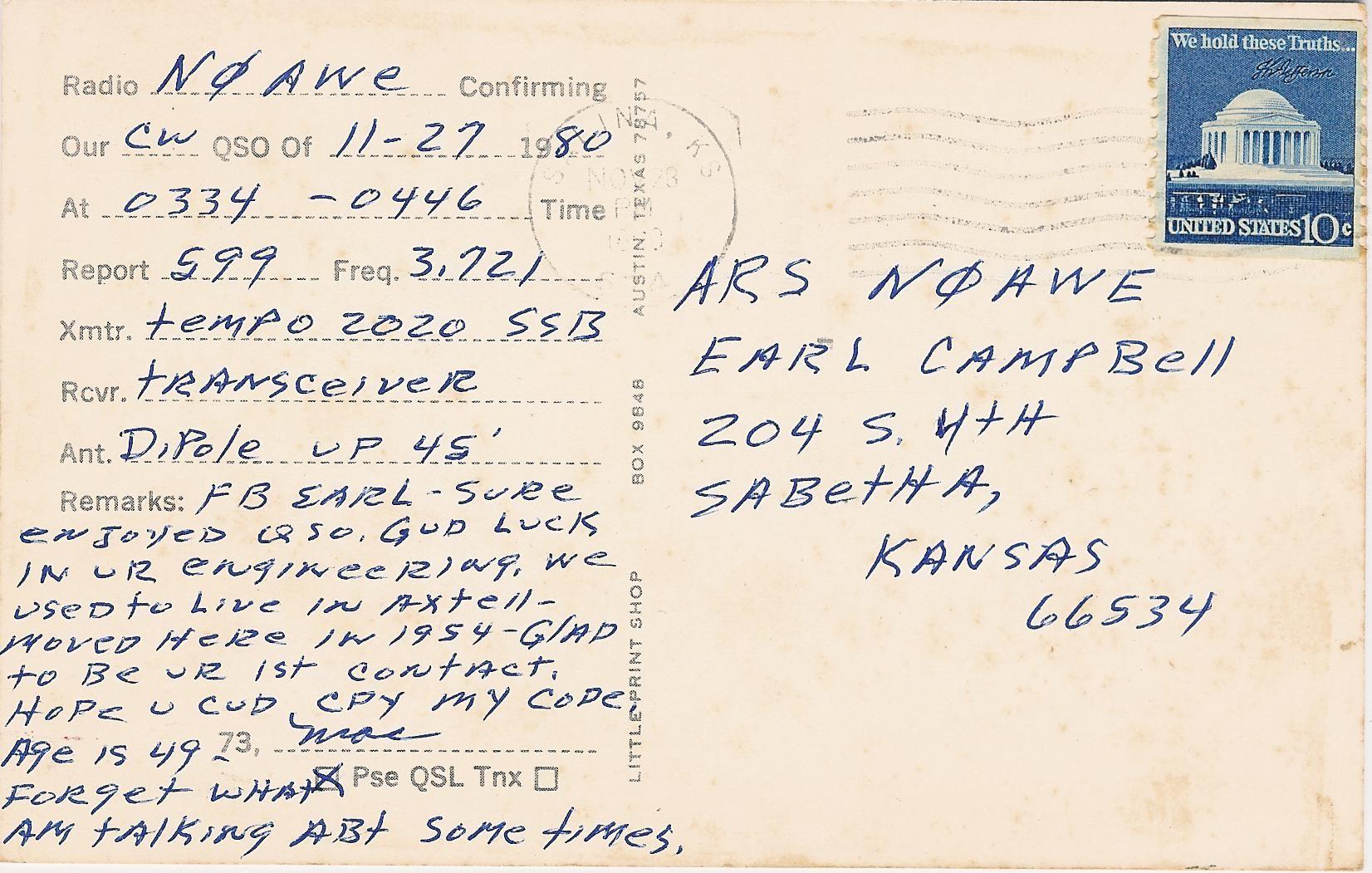Great Class.
I love it when STUDENTS bring questions and issues to class.
Keep jotting down questions as you practice. Keep making notes of any issues you are having. Bring them up during the next class, and we will address them.
Links discussed during this class:
Straight Key Century Club:
https://skccgroup.com/
SKCC Schedule page:
https://sked.skccgroup.com/
WA7BNM's Contest Calendar website.
Great place to look up what contests are going on.
https://www.contestcalendar.com/
Kansas QSO Party website:
http://www.ksqsoparty.org/
I will try to make some time available this weekend during the KS QSO party. The intent is to be available on the 145.17 Raytown repeater to work with anyone that may be trying to make a few contacts during this weekend's contest. No promises that I will actually have the time, but I will try. I should know more about if/when I will be available by Friday's class.
Whether I am available on the repeater or not, I suggest anyone that is trying to make contacts during the contest to mention their efforts on the repeater to see if anyone else is trying as well. It can be great fun to work together trying to chase down contacts and comparing notes. If you do work together, and if you submit your log to be scored as part of the contest, just be certain you do not submit your entry in the "unassisted" category.
160m, 80m, and 40m will be your best bets on HF to make contacts during that contest, if you have antennas up for any of those bands.
One good way for a new CW operator to make contacts is to make them during a contest. The format of Contesting QSOs is very structured and predictable, which can make it easier. Contacts tend to be very short and simple.
For a new CW operator trying to make contacts during a contest, it's best to begin by seeking out stations calling CQ instead of calling CQ yourself. As your CQ skills grow and develop, you will find that you can usually make more QSOs and make them faster by calling CQ, but it takes time to hone your skills such that you are able to call CQ and make QSOs smoothly. Give yourself the time to learn how contesting works before trying to call CQ. The best education is to make plenty of Search and Pounce contacts (S&P is when you are answering other stations calling CQ.)
- Tune around and find a station calling CQ Test, or in the case of this weekend's Kansas QSO party (aka KSQP), many stations will be calling CQ KS, or perhaps CQ KSQP.
- LISTEN.
- Listen to a CQing station make a contact or two. Copy both sides of the conversation. Learn the callsign of the CQing station, as well as their exchange, for the KSQP they will be exchanging Callsigns, RST, and Location. Without a single transmission, you should be able to copy a station's Callsign and their Location by listening to them make contacts with other stations. That will reduce the amount of information you will need to copy under the pressure of a live conversation.
- Attempt to make contact.
- Listen for the CQing station to send a CQ, or for them to transmit QRZ
- Transmit your callsign only, then listen CAREFULLY.
- Listen for the CQing station to send your callsign CORRECTLY. They may also send your RST report and QTH at this time. Pay particular attention to the RST numbers because that is the one piece of information you won't be able to copy in advance of trying to make contact.
- If the station transmits someone else's callsign, be patient. Wait for that contact to be completed, and try again the next time they call CQ or QRZ.
- If the station transmits part of your callsign, but misses part of it, or gets part of your callsign incorrect, transmit your callsign only again, and listen again. Repeat this process as many times as is necessary for the other station to transmit your callsign back to you ACCURATELY, or until the other station responds to someone else. Remember, it is the persistent operator that will succeed.
- Once the station repeats your callsign CORRECTLY, only then should you transmit your exchange information. Remember, the moment you transmit your exchange information, you are effectively telling the other station that they have copied your callsign correctly, and they will very likely no longer be paying attention to what you send for your callsign!
- For KSQP, give them an RST report and your location (either the county in KS you are located, or the state you are located if you are not in KS) You do not need to include callsigns at this point, just stick to the exchange only.
- For example, "599 MO 599 MO KN"
or perhaps "5NN JOHNSON 5NN JOHNSON KN"
- After transmitting your exchange information listen carefully again. The other station may ask you for a repeat. During a contest that could be as simple as the other station transmitting, "AGN?" or sometimes a simple "?" or sometimes they may be more specific and send "RST?", "SIGS?" or "QTH?" or "ST?" or "Cty?" where they are asking for you to repeat RST, QTH, the State, or County you live in. "SIGS?" is rarely used, but it is a request for another Signal Report, which you should respond with a repeat of the RST.
- Only repeat the exchange information if they ask for it. If you do repeat it, go ahead and send it at least twice.
- Remember that the other station may NOT ask for a repeat, and may simply skip forward and send you his/her exchange information for you to copy.
- At this point, you should have copied the other stations location before you ever started transmitting, so your primary focus will be to copy the RST report the other station is giving your signal. It will usually be 599 or 5NN. However, DO NOT ASSUME. Copy what they send to be certain.
- If you need them to repeat it, just send "AGN?"
- Once you have copied their exchange, transmit, "TU"
- The other station may respond with a TU or with a {shave and a haircut} or just with {two bits}
- You can respond with your own {two bits}
- Congratulations, you just made a CW contest QSO.
- Tune around and find another station calling CQ TEST, CQ KS, or CQ KSQP and try again.
Remember, not every contest during the year will be like KSQP. Different contests will exchange different information. Look them up in the Contest Calendar to verify what information is being exchanged. Listen to stations make contacts to learn how they are exchanging that information. Follow the patterns.
Don't expect every contact to be successful.
Some stations won't hear you. Try to contact them several times, and if you can't get through, tune around and try some other stations, and come back to the station that couldn't hear you later, perhaps propagation will improve, or perhaps the pileup of other stations will be smaller.
Some QSOs will fall apart half way through. Sometimes propagation shifts such that one station or the other will no longer be able to hear the other. Sometimes QRM will make a station uncopyable. Sometimes QSB will get worse. If a QSO falls apart, just move on and try to work someone else. Maybe you'll get a chance to work that station again later.
You may be surprised at how many stations you will be able to work, including stations transmitting very fast morse code. If you are patient and listen to them make enough QSOs before trying to work them, your current code skill is probably more than sufficient to copy stations at 25 wpm, as long as you hear them repeat the information several times. Even if you cannot copy a long rag chew QSO at 10wpm, you may be able to make contest QSOs at 25wpm because the information is repeated so much. There will likely be very few stations in the KSQP that you will not be able to work if you are patient enough to listen to them make several contacts and piece together all of their information before you initiate a transmission to them.
That said, you should try to work slower stations first, and then muster your courage to start working on the faster ones. Don't be afraid to listen to someone make 10 or 15 contacts as you try to figure out their callsign and location before trying to contact them.
It is not a requirement, but if you want to, please feel free to
record some of your contacts and email me an mp3 file. I will be happy to publish some actual QSOs on
learnmorsekc.blogspot.com
HAVE FUN!!!
Sorry, no recording was made of Session 23.
Mark
NRØR


